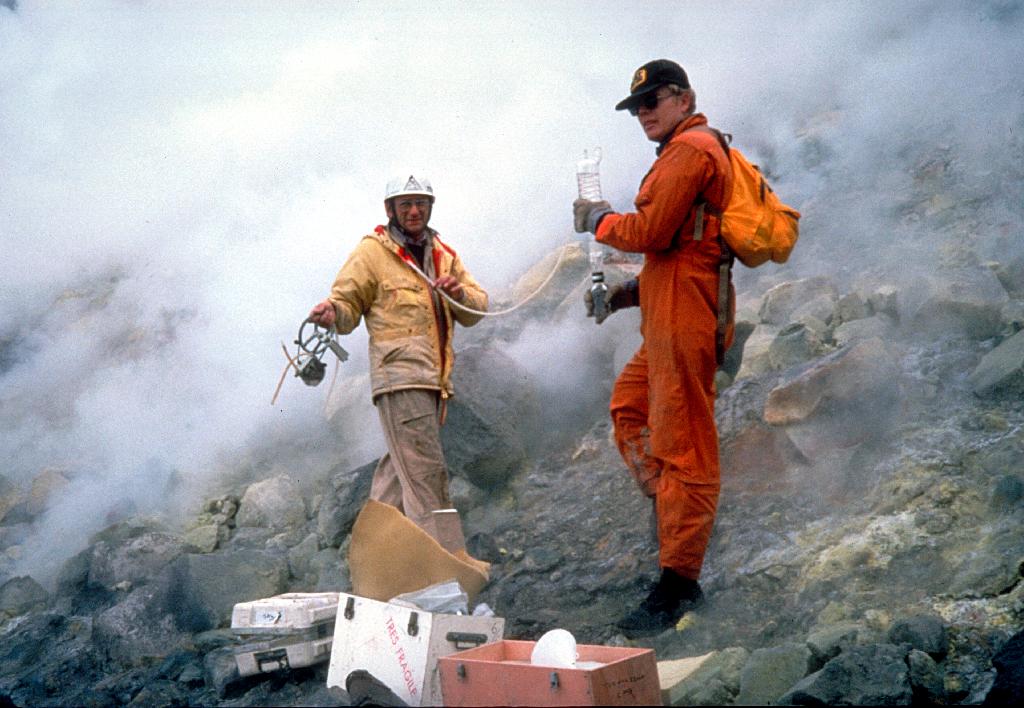What is a volcanologist?
A volcanologist studies and monitors the Earth's volcanoes in all stages of activity, all over the planet.
If I want to study or have a career in volcanology, what classes should I take in middle or high school?
Take as many Earth science, biology, chemistry, physics, mathematics and computer science courses as you can. English is also important since scientists need to write clearly and communicate their findings to others on a regular basis. You might also find it helpful to take a course in public speaking. Find out what after-school organizations your school has that can help you with a career as a volcanologist, such as Science Clubs. Also consider doing a volcano-focused project for your local science fair and look for summer field experiences at near-by colleges and universities.
At the university level, what courses should I take?
To become a volcanologist, college students need to first follow the undergraduate course of study recommended by the geology departments in their colleges and universities. In their undergraduate program, they will need to have a concentration in mathematics and physics, as well as geology. Frequently offered courses can include those in tectonics, structure, petrology and field geology. Students will be able to focus more on volcanology-related courses in their advanced degree programs.
What are the educational requirements for becoming a professional volcanologist?
Most jobs in volcanology require a graduate degree in the field.
Where do volcanologists work?
Jobs in volcanology are found government agencies, such as the U.S. Geological Survey and the state geological surveys, in private companies and in non-profit an academic institutions.

